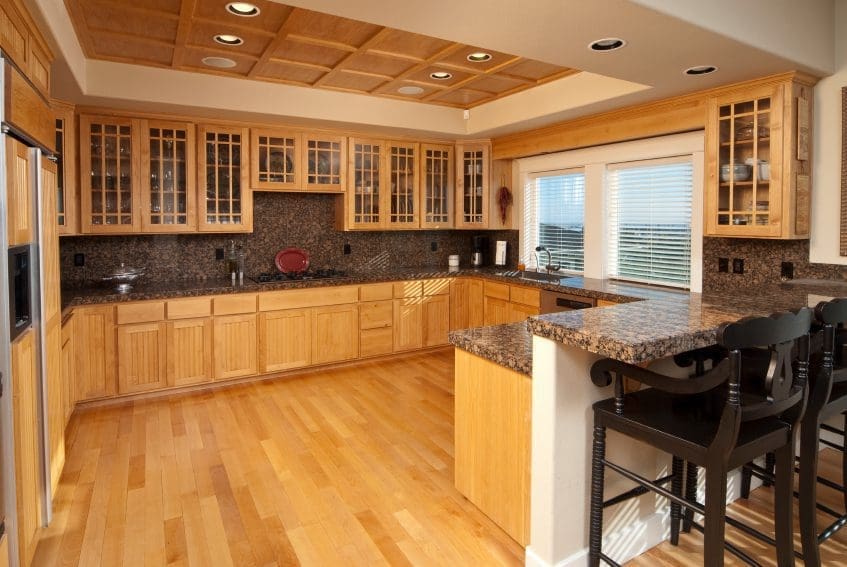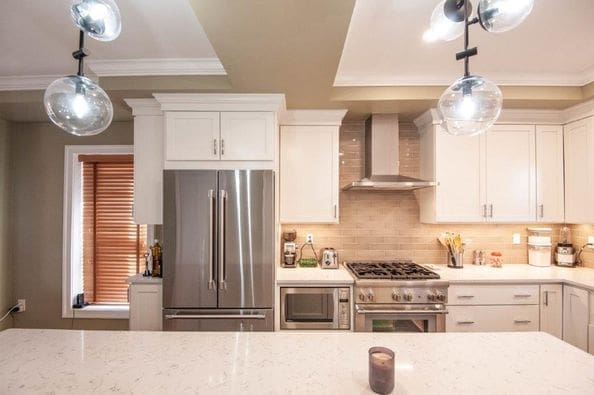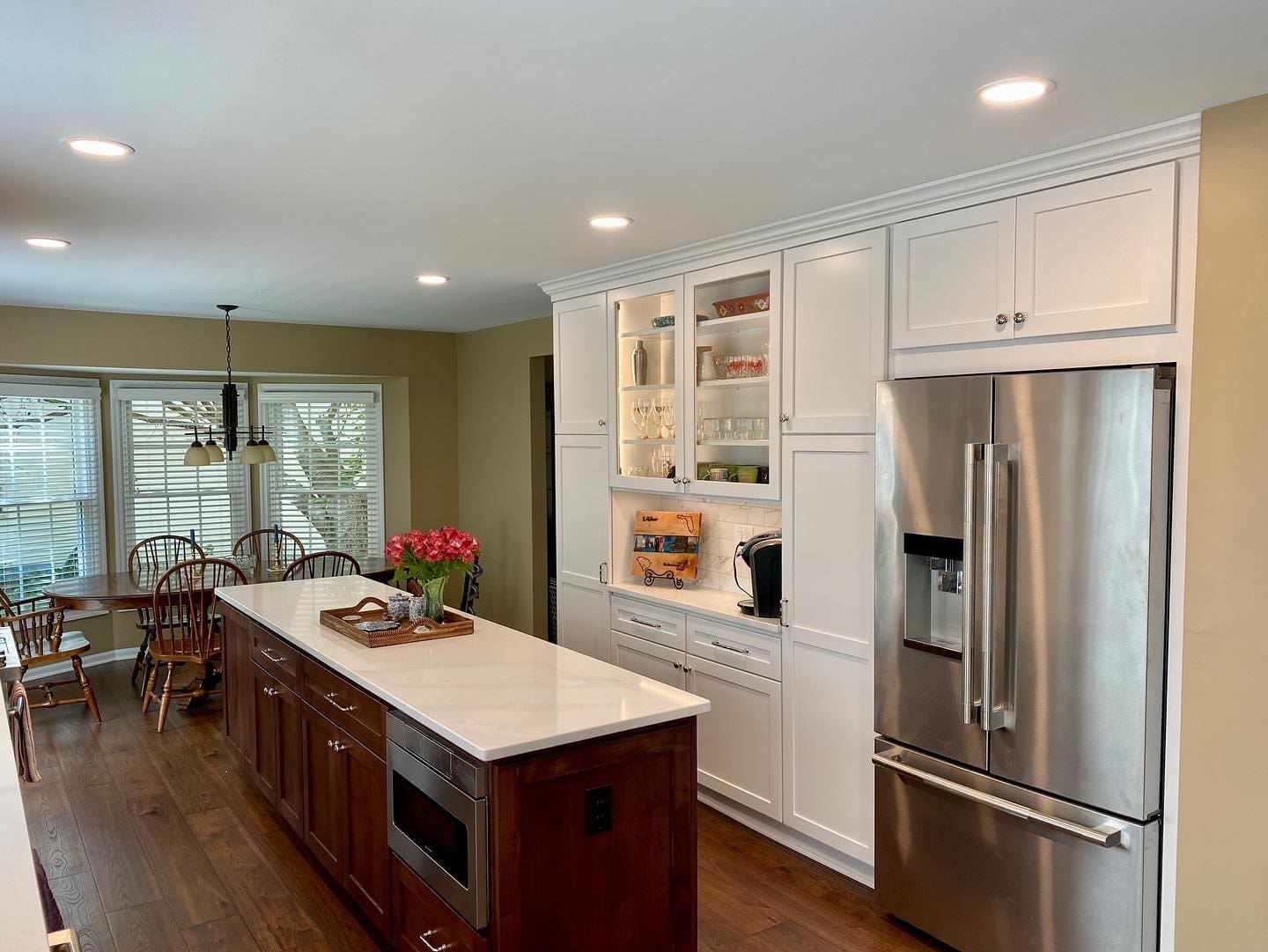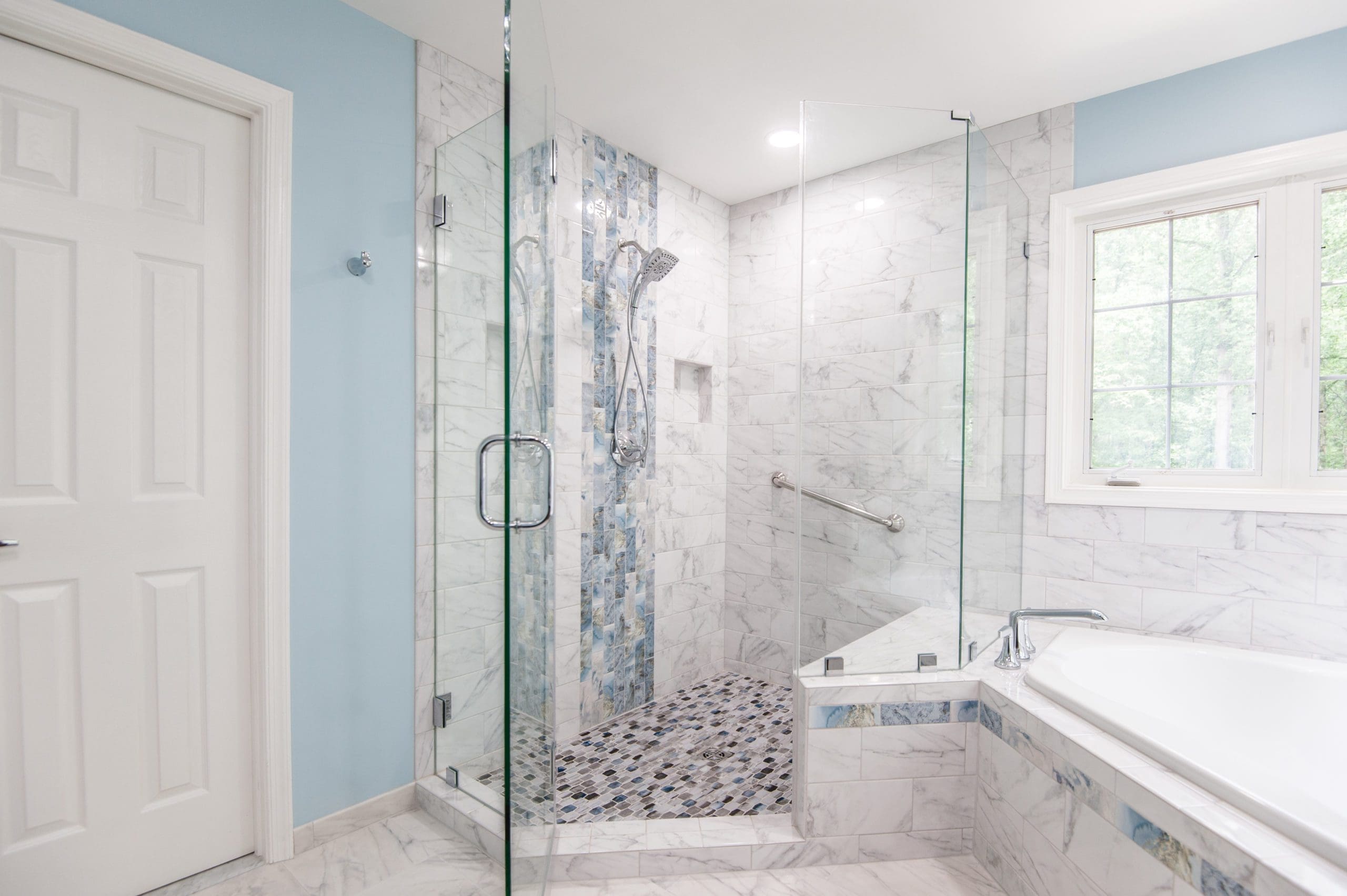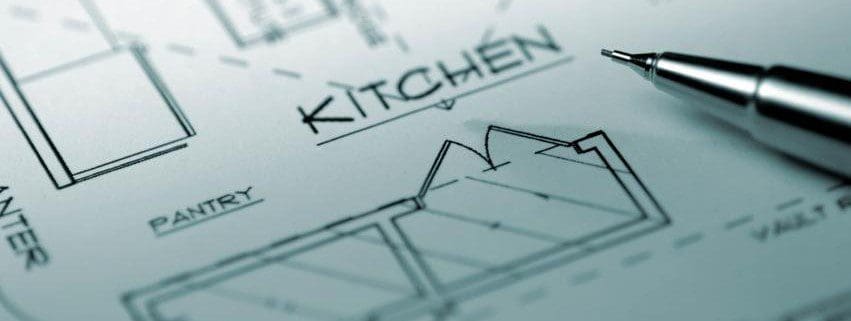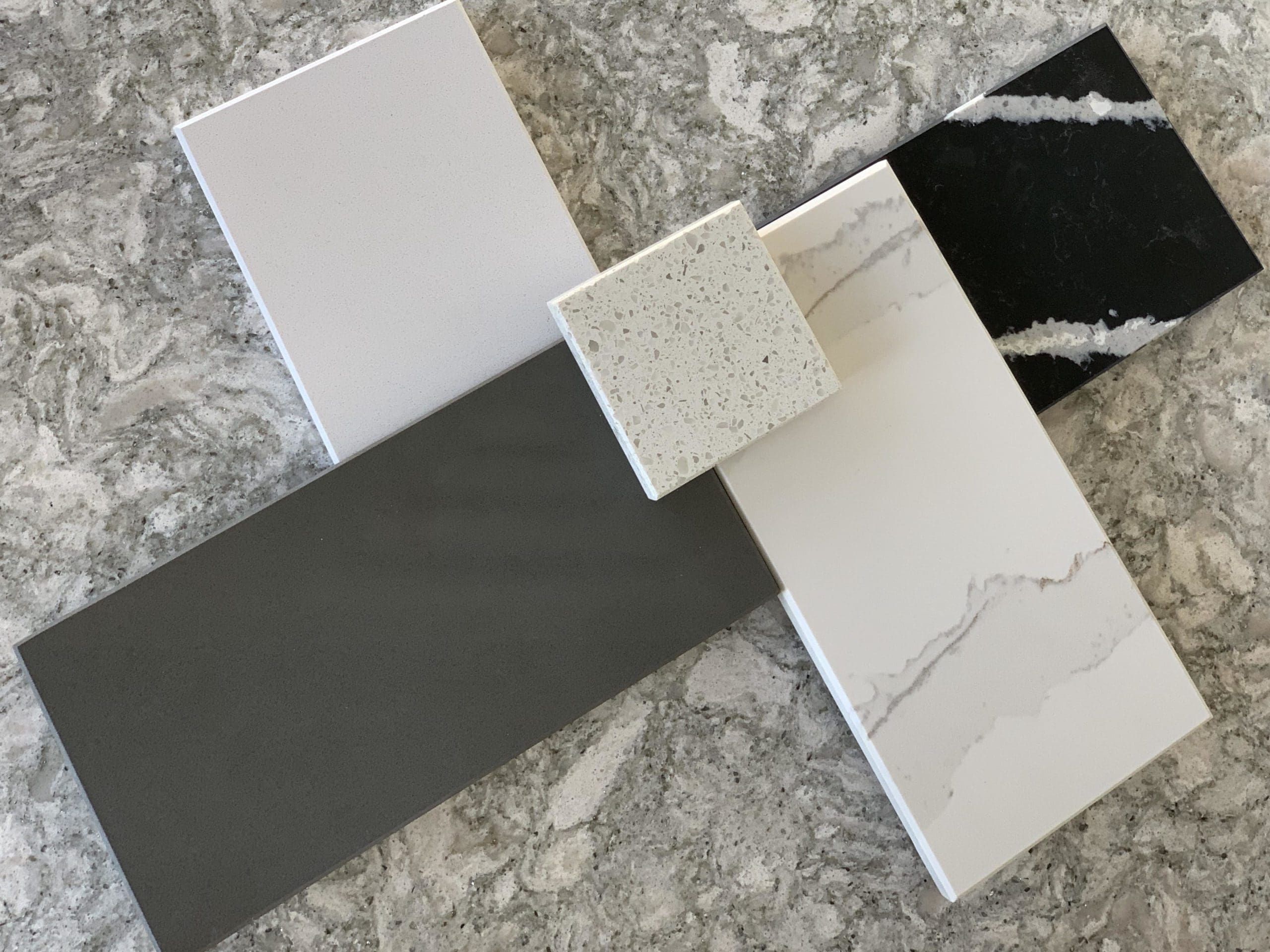Virginia Embraces Hardwood Kitchen Floors
There is a national resurgence in the application of hardwood flooring in the modern kitchen design; and, like the rest of the country, Virginians are following suit. This application is identified a ‘resurgence’ because, dial-back 100 years and you’d discover that the predominance of homes along the eastern seaboard utilized locally harvested hardwood for their kitchen flooring. Perhaps, at that time, it was a matter of material convenience and simple economics which lead to this application being so prevalent. It also may be that alternate materials, like linoleum and tile, were still relatively fresh to the marketplace and hadn’t taken their share of the market. Either way, the fact remains; and today, our Virginia and D.C. dwellers are opting for hardwood kitchen floors for entirely different reasons.
Why Are Virginians Choosing Hardwood Kitchen Floors?
There’s a natural appeal to hardwood flooring regardless of which room it happens to adorn. There’s a visual that cannot be duplicated or replicated in synthetic flooring that aptly competes with that of true hardwood flooring. While resilient (vinyl) flooring and laminate manufacturers try their hand in mimicking the warmth and character of real wood, they fall quite short in such endeavors. Their argument, then, becomes one of a care and maintenance ease that their products project in contrast to that of hardwood. Sadly, with the developmental advances within the hardwood flooring industry, this argument is declining in substance as new hardwood finishes have proven to be quite suitable for such demanding applications as a kitchen presents. As with any type of finish flooring in the kitchen there are some standardized rules of maintenance that must be employed; but, in general, those of hardwood flooring are not any more cumbersome than that of other types of kitchen flooring. The modern finishes associated with pre-finished or field-finished hardwood are as durable and stain resistant as virtually any other form of kitchen flooring; and none of these other types of flooring can boast the warming appeal of natural hardwood flooring.
Should I Choose a Pre-finished Hardwood?
The benefits of pre-finished hardwood flooring certainly outweigh the cons associated with the same. This finish of the hardwood has been applied in a very controlled environment, rendering a hard and silky-smooth surface. The pre-finished hardwood floor tends to be the option of choice in kitchen remodeling, because the turnaround to active use is immediate for the family. One might argue, and this contention is widely used, that a pre-finished hardwood floor will have gaps between each board and this invites a maintenance nightmare and possibly a viable harbor for bacteria to form and prosper. What these ‘naysayers’ forget to discuss is a tile’s grout joint, seams in vinyl, and every single joint in a laminate flooring–all susceptible to such issues and not just hardwood kitchen floors. Common sense would dictate here: if you spill something, clean it up as quickly as you can–regardless of which type of flooring you have. Some contractors may approach this alleged ‘problem’ by recommending that a new pre-finished floor be scuffed and field-finished as a precaution, filling such voids with urethane to provide additional protection. In an absolutely static-humidity-controlled home, this may be a somewhat realistic expectation; but, as we all know, those homes don’t exist–a door opens, a window opens and the environment changes. Given that, the flooring will expand and contract and that perfectly sealed surface will possess the same number of seam gaps as it did prior to the extra finish being applied. As you can probably guess, a field-finished hardwood floor will eventually gap as well under such humidity changes; and this, believe it or not, is a beautiful characteristic of having hardwood floors in your kitchen!

